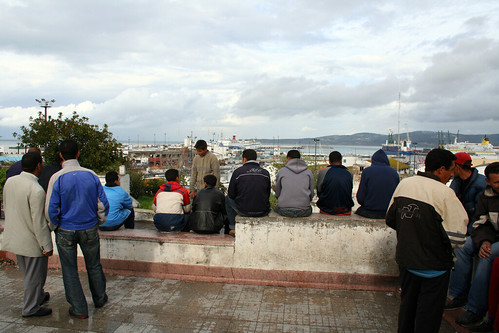
Following the latest deaths near Lampedusa on 3rd October and then again off the coast of Sicily on 11th October, what are we to make of the current and likely future European responses?
There has been, quite rightly, much talk of the tragedy experienced by the migrants, families and survivors. Yet, in the fortnight since the 3 October, the political cycle has offered little comfort in its unedifying spectacle of member states blaming one another for what is above all a European problem. This has led to media talk of policy deadlock and intractability. However, closer inspection reveals that the perceived political problem of the Lampedusa crisis is not tragic deaths at sea, but rather the irregular migration from the African continent to the shores of particular EU member states. In the face of other member states’ intransigence on responsibility-sharing, we can see that policymakers’ logical response is not deadlock, but a further rationalization of the only European ‘solution’ on the table: increased surveillance and militarization of the Mediterranean.




